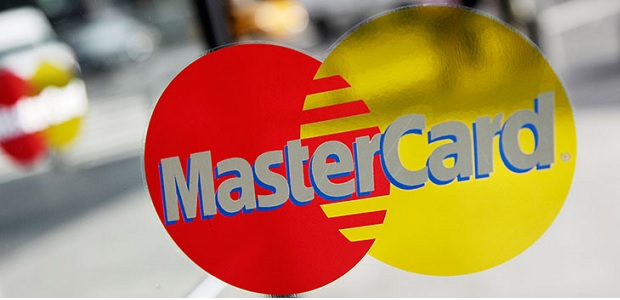
Mastercard unveiled a pilot project in Poland, making a smartphone the only necessary device for accepting contactless payments. The solution is aimed at small and micro merchants that have traditionally taken cash payments, providing them with a simpler and more secure way to run their business.
Tap to Pay GS7A recent study commissioned by the Polish Foundation for Development of Cashless Payments (FROB) shows that among entrepreneurs that gave up card or mobile payments, 36 percent did so because of the associated costs. The solution to be piloted aims to address this. Participating businesses only have to install a dedicated mobile app and create a merchant account in it – no separate payment terminals nor other peripheral equipment will be needed.
„The pilot is expected to start this autumn and to last until the summer of 2018. The first stage will involve 200 small and micro businesses from all over Poland, with the number ultimately expected to grow to 500. In the pilot phase, the limit for each transaction accepted by a mobile device will be PLN 50 (USD 14), which is the contactless payment limit in Poland without the need to enter a PIN.”, according to the press release.
“Mastercard is committed to enable every connected device to accept payments – and I am delighted that Poland is the first country where this latest innovation in payment technologies is being tested. Poles have proven many times that they are open to innovations in trade and finance, and Poland needs such solutions on its way to become a cash-lite economy. I am proud that together with our partners we can contribute to making yet another technological leap in payments,” commented Bartosz Ciołkowski, country manager Poland, Mastercard.
“Innovations such as this can help streamline processes, increase service availability, and reduce time and costs, benefiting small merchants and consumers. As our customers are enthusiastic about adopting new technologies, we work together with our partners to create a digital payment environment using mobile devices,” said Rafał Gołębiewski, country manager Poland, Elavon.
“This project is an important step in widening the possibilities in merchant card acceptance in Poland through innovations in the hardware itself, which offers convenience and ease of use for both merchants and consumers. As a Polish company focused on innovative payment solutions for SMEs, Polskie ePłatności is pleased to be a partner in this pilot. Over the next years this will have an influence on the roadmap leading to supply Polish retailers with cashless payment acceptance supporting the government’s plan to fully digitalize the country,” added Janusz Diemko, president, Polskie ePłatności.
“We’re delighted that through our partnership with Mastercard and Samsung, and with the support of OT-Morpho, we will be able to provide our mobile contactless payment acceptance solution in Poland. As more and more mature and emerging markets call for the wider adoption of electronic payments, mobile contactless payment acceptance is a great fit for banks and merchants looking to best serve consumers in this increasingly cashless age,” said Benjamin du Haÿs, CEO and co-founder of Mobeewave.
Mastercard has the responsibility to balance any emerging solution with the highest security standards. To this end, Mastercard has developed specific security principles that need to be adopted by all pilot participants.
Poland at the forefront of payment innovation
Poland is one of the worldwide leaders in contactless payments. More than 2/3 of transactions with Mastercard cards in Poland are already contactless. Moreover, according to the National Bank of Poland, Poles carry 29.4 million contactless payment cards in their wallets, which already accounts for nearly 78 percent of all cards. There are 514,000 contactless terminals in Poland, which represents 91 percent of all terminals accepting cashless payments.
This initiative is in line with the different activities of Mastercard to expand cashless payments and to include a growing number of entrepreneurs and consumers in the digital economy. The solution meets the expectations of Polish consumers who want to have a choice between card and cash payments. As shown by a recent study commissioned by Mastercard, 61 percent of Poles would like to be able to use cashless payments anywhere, including in small convenience stores, at stalls, marketplaces etc.
Banking 4.0 – „how was the experience for you”
„To be honest I think that Sinaia, your conference, is much better then Davos.”
Many more interesting quotes in the video below: